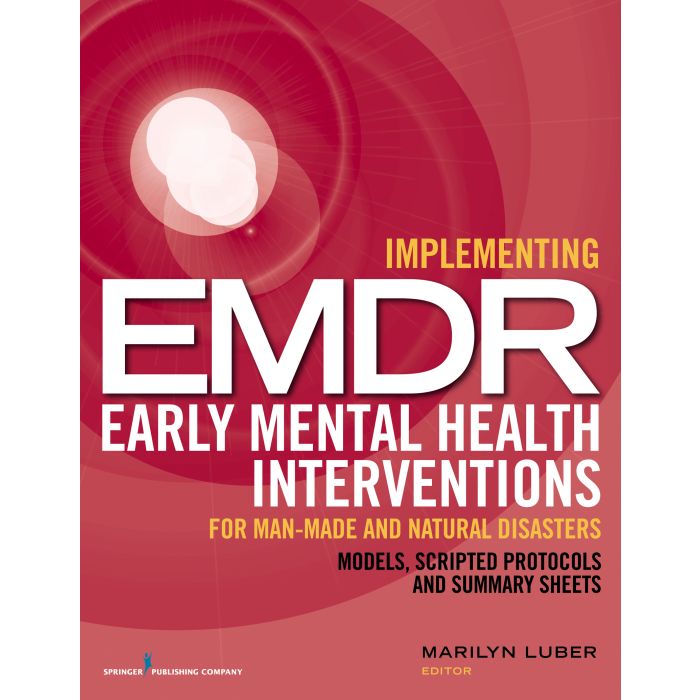Early EMDR intervention following intense rocket attacks on a town: A randomized clinical trial
This study shows evidence on the efficacy of Early EMDR Intervention for reducing post-traumatic stress and depression among victims of hostility.
Article Abstract
“Objective: The aim of the study is to investigate the efficacy of EMDR R-TEP interventions with residents suffering from post-traumatic symptoms.
Method: The study employed a waitlist/delayed treatment control group design and participants were randomly allocated to either immediate or waitlist/delayed treatment conditions. The measures used included the PCL-5 posttrauma checklist for DSM-5; the PHQ-9 depression scale; the Subjective Unit of Disturbance (SUD) scale and the Brief Resilience Coping Scale (BRCS). The clinical staff of the Resilience Center (HOSEN) offered EMDR therapy treatment using the Recent Traumatic Episode Protocol (R-TEP) for 25 trauma-stricken residents referred to their center. The study began within three months after the 2014 round of hostilities. Three 90 minute sessions were given first to the intervention group and a month later to the delayed treatment control group. The follow-up measures were taken six months later.
Results: The immediate treatment group had significantly improved scores on post-trauma and depression measures compared to the waitlist/delayed treatment group, who showed no improvement prior to their treatment. There were significant interactions between group and time for PCL-5, PHQ-9 and SUD. Post hoc testing of the interaction revealed that within group A, participants exhibited a significant decrease in PCL-5, PHQ-9 and SUD scores (one-tailed p: <0.001, 0.006, 0.03). The results in resilience scores over time showed an increasing trend in group A that failed to reach significance. Repeated measures analysis of group B revealed a borderline statistically significant difference in resilience scores over time.
Conclusions: This study provides further evidence, supporting the efficacy of Early EMDR Intervention for reducing post-traumatic stress and depression symptoms among civilian victims of hostility. The evidence for resilience was indecisive and requires further research.”
—Description from publisher
Article Access
Open Access
Shapiro, E., Laub, B., & Rosenblat, O. (2018). Early EMDR intervention following intense rocket attacks on a town: A randomized clinical trial. Clinical Neuropsychiatry, 15(3), 194-205. Open access: https://www.clinicalneuropsychiatry.org/clinical-neuropsychiatry-volume-15-issue-3-june-2018/
Date
June 1, 2018
Creator(s)
Elan Shapiro, Brurit Laub, Ornit Rosenblat
Topics
Tragedies
Practice & Methods
EMDR Early Intervention
Extent
12 pages
Rights
This is an open access journal which means that all content is freely available without charge to the user or his/her institution. Users are allowed to read, download, copy, distribute, print, search, or link to the full texts of the articles, or use them for any other lawful purpose, without asking prior permission from the publisher or the author. Distribution and reproduction are permitted in any medium, provided the original author(s) and source are credited.
APA Citation
Shapiro, E., Laub, B., & Rosenblat, O. (2018). Early EMDR intervention following intense rocket attacks on a town: A randomized clinical trial. Clinical Neuropsychiatry, 15(3), 194-205. Open access: https://www.clinicalneuropsychiatry.org/clinical-neuropsychiatry-volume-15-issue-3-june-2018/
Audience
EMDR Therapists, Other Mental Health Professionals
Language
English
Content Type
Article, Peer-Reviewed, RCT
Access Type
External Resource, Open Access





